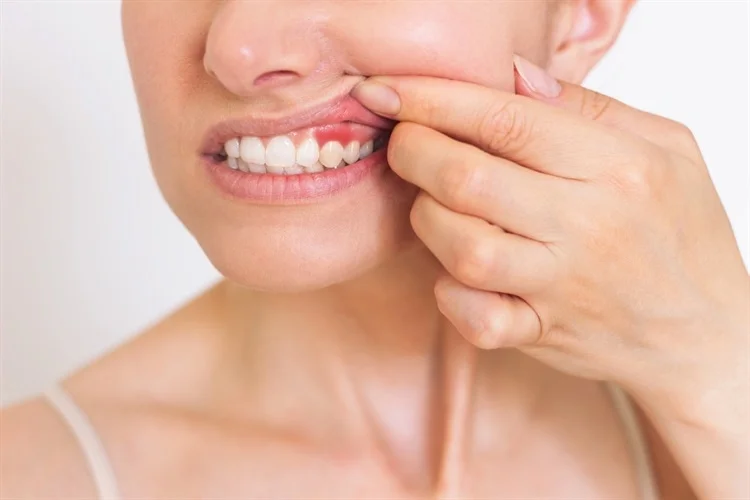New Delhi, India – India is facing a significant public health challenge as a staggering 85% of its adult population suffers from oral health issues, including dental caries, gum disease, and oral cancer, according to recent reports. The crisis is compounded by limited access to dental care, particularly in rural areas, and a lack of awareness about oral hygiene.
Dr. Svapna Koppikar, Director at Colgate-Palmolive, emphasized the severity of the situation, stating that poor oral hygiene practices, limited awareness, and restricted access to healthcare are primary drivers of the escalating problem. Shockingly, only about 10% of the population is aware of their oral health problems, leading to delayed diagnosis and treatment.
Oral cancer, often linked to the prevalent use of tobacco and areca nut, remains a critical concern. This form of cancer contributes significantly to the overall burden of oral diseases in the country.
However, promising research indicates that combining fluoride with arginine could offer a viable solution for preventing dental caries, particularly in underserved regions. This innovative approach holds potential for providing effective preventive measures and improving oral health outcomes across India.
Experts stress the importance of regular dental checkups and integrating oral health into broader public health initiatives. Enhancing awareness campaigns and improving access to dental care are crucial steps to address this widespread issue.
The urgent need for a comprehensive strategy to tackle the oral health crisis is evident. Stakeholders are calling for collaborative efforts from government agencies, healthcare professionals, and the public to improve oral health outcomes and reduce the burden of oral diseases in India.
Disclaimer: The information provided in this article is based on the source material provided and should not be considered medical advice. Readers are advised to consult with a qualified healthcare professional for any concerns regarding their oral health. The research regarding fluoride-arginine combinations is still under study, and its efficacy may vary.












